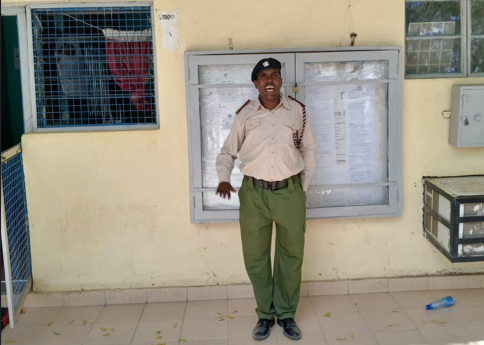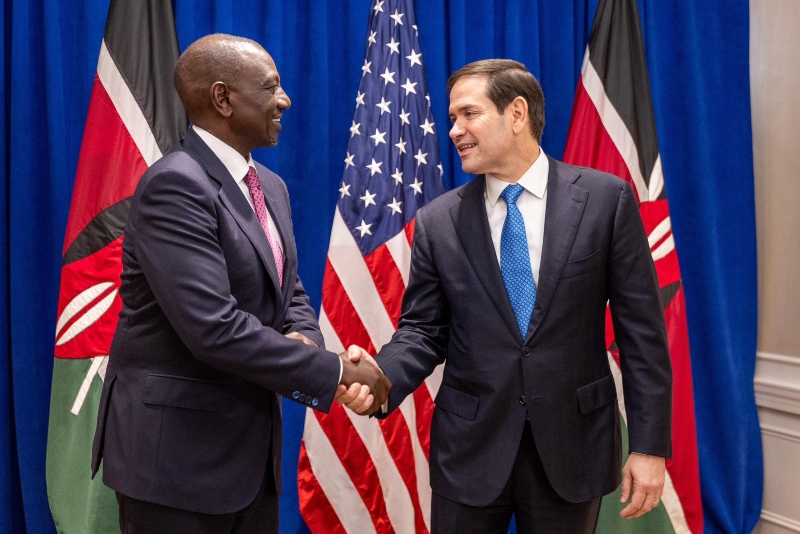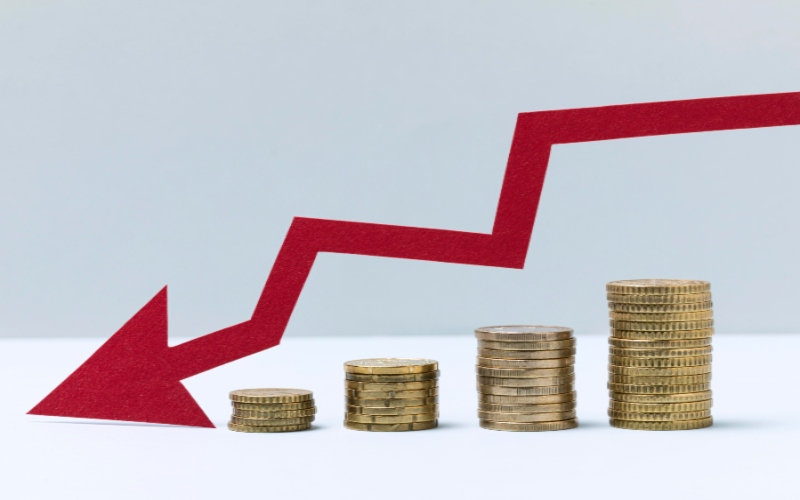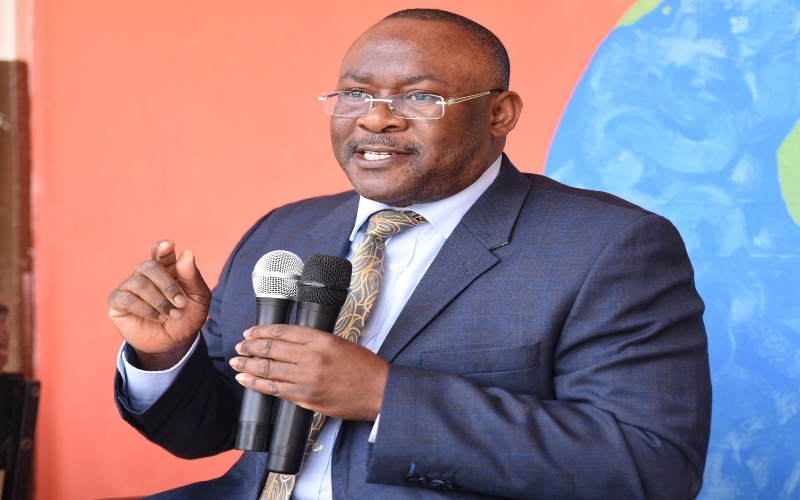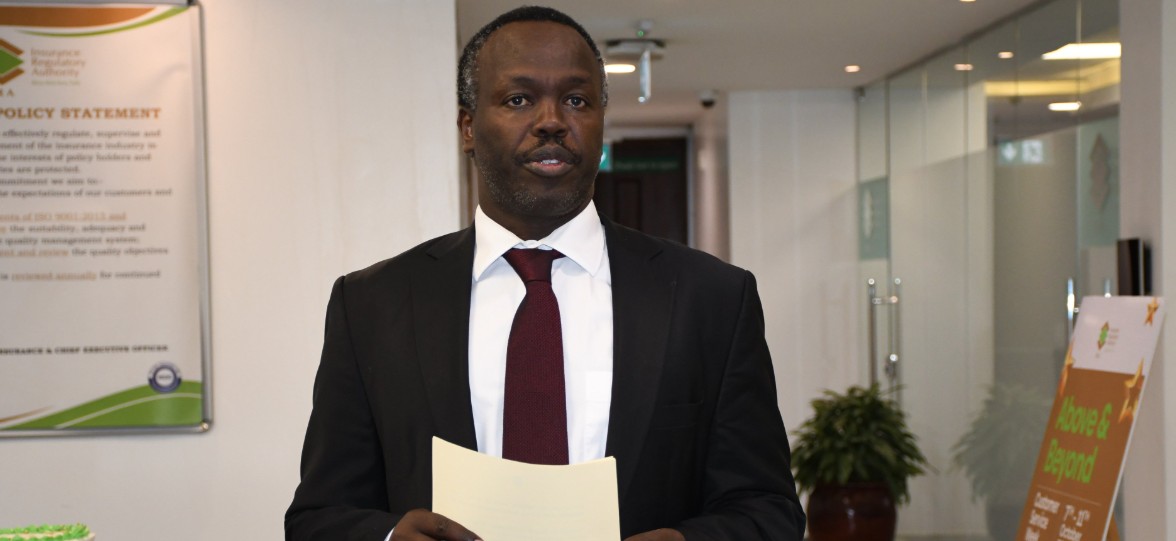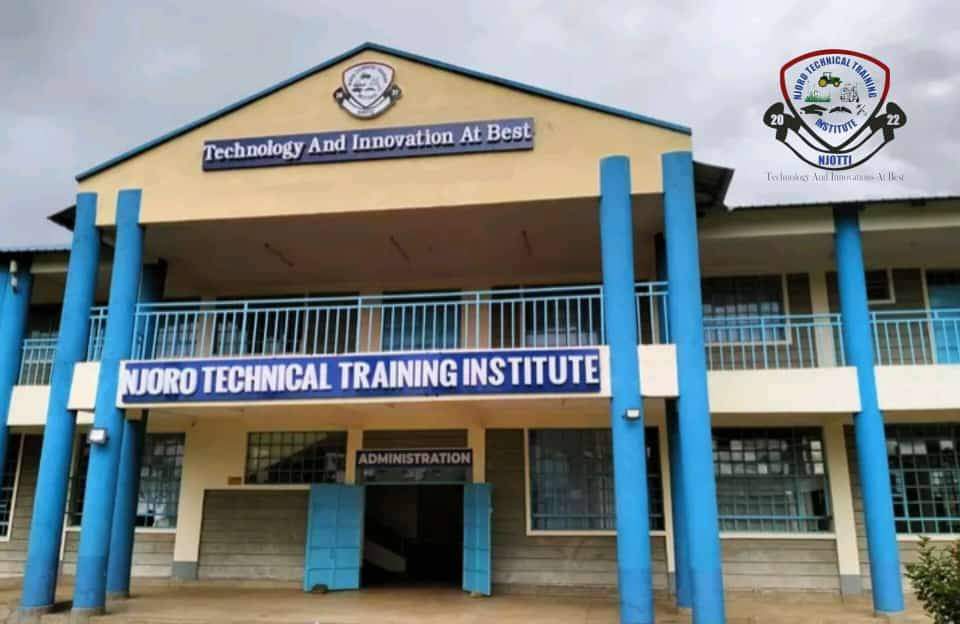Paracetamol and vaccines not linked to autism, says WHO

The global health body emphasised that autism remains a complex condition influenced by a mix of genetic and environmental factors, with no single cause identified.
The World Health Organisation (WHO) has clarified that there is no confirmed scientific link between autism spectrum disorder (ASD) and the use of paracetamol during pregnancy.
In a statement released on September 24, 2025, the global health body emphasised that autism remains a complex condition influenced by a mix of genetic and environmental factors, with no single cause identified.
More To Read
- WHO warns global fight against non-communicable diseases is stalling
- UK, African researchers join forces in Sh1.4 billion battle against bilharzia
- The night the mountains shook: A doctor on the front lines of Afghanistan’s earthquake
- Kenya battles rising mpox infections as WHO lifts global emergency
- Ethiopia’s emergency medical response system is up and running – what other countries can learn from it
- Mpox deaths near 2,000 in Africa since 2024 amid recent decline in cases: Africa CDC
“Extensive research has been undertaken over the past decade, including large-scale studies, looking into links between acetaminophen use during pregnancy and autism. At this time, no consistent association has been established,” WHO stated.
Autism, also known as ASD, affects how individuals communicate, interact, and perceive the world around them.
It is referred to as a spectrum because the type and intensity of symptoms can differ greatly from one person to another.
WHO estimates that nearly 62 million people globally, roughly 1 in 127, live with the condition.
Although awareness and diagnoses have improved, the underlying causes remain unclear and are likely shaped by both biological and environmental factors.
The health agency advised pregnant women to continue following medical guidance when taking any medication.
“Any medicine should be used with caution during pregnancy, especially in the first three months, and in line with advice from health professionals,” WHO noted.
On vaccines, the WHO reaffirmed that childhood immunisations do not trigger autism.
“Large, high-quality studies from many countries have all reached the same conclusion. Original studies suggesting a link were flawed and have been discredited,” the organisation said.
Independent experts advising the WHO since 1999 have consistently confirmed that vaccines, including those containing thiomersal or aluminium, are safe and do not cause autism or other developmental conditions.
WHO highlighted that routine vaccination schedules, which have undergone strict scientific evaluation and are followed globally, have saved at least 154 million lives in the past 50 years.
These schedules now protect children, teenagers, and adults from more than 30 infectious diseases.
“Every vaccine recommendation by the Strategic Advisory Group of Experts on Immunisation (SAGE) is grounded in rigorous review of evidence and designed to offer the best protection against serious diseases,” the agency added.
The organisation warned that any delay or disruption in immunisation increases the risk of infections, particularly for infants too young to receive vaccines and individuals with weakened immune systems.
Autism and other neurodevelopmental disorders will feature prominently at the 4th UN high-level meeting on noncommunicable diseases and mental health, scheduled for September 25.
WHO said it is committed to collaborating with autistic-led organisations and advocacy groups to improve research, enhance services, and reduce stigma.
“As a global community, we need to do more to understand the causes of autism and how best to care for and support the needs of autistic people and their families,” the statement concluded.
Top Stories Today
